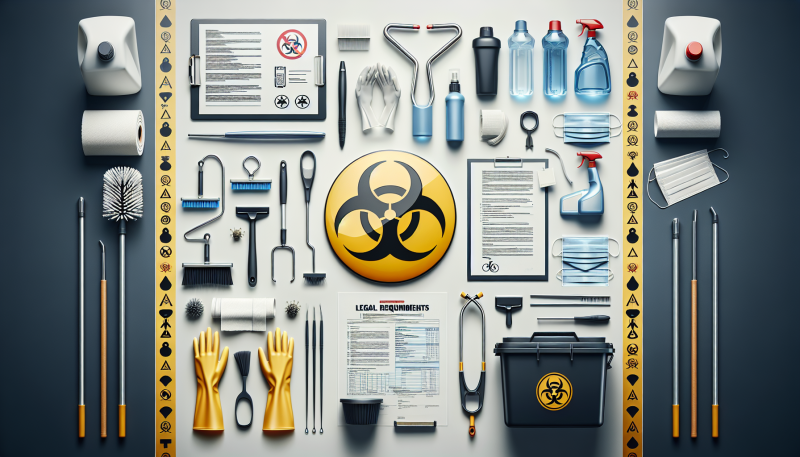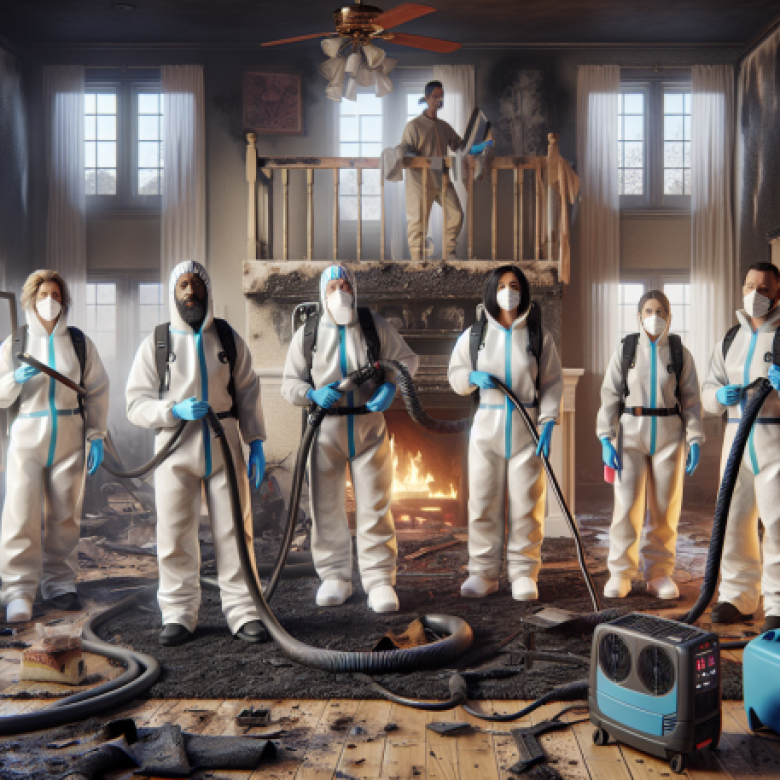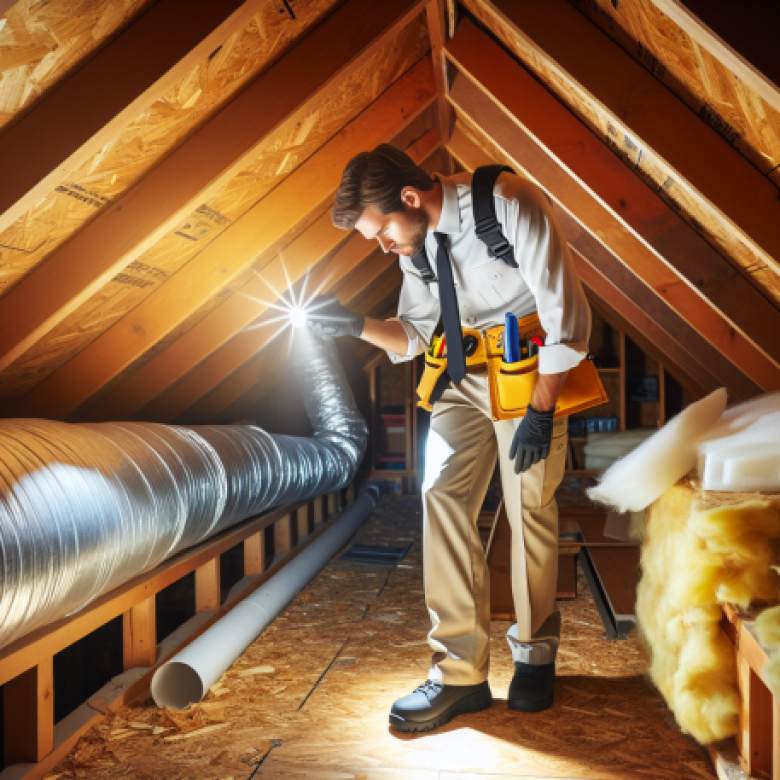Biohazard Clean Up: Legal Requirements
Biohazard clean up is a critical service that ensures the safe removal and disposal of hazardous materials. This process is governed by stringent legal requirements to protect public health and the environment. Understanding these legal requirements is essential for anyone involved in biohazard clean up, whether they are professionals in the field or property owners dealing with a biohazard incident.
Projekt Property Restoration is a fully licensed and insured company that specializes in commercial and residential property restoration. With over 16 years of experience, we are committed to providing quality service to our clients. Our headquarters is located at 20533 Biscayne Blvd Suite #1231, Aventura, FL 33180. You can reach us at 1-855-933-7935 or via email at Claims@ProjektFL.com.
Our mission is to restore properties that have been damaged by water, fire, mold, or biohazard incidents. We offer a wide range of restoration services, including water damage restoration, mold assessment and remediation, fire damage restoration, biohazard clean up, consulting, content cleaning, dehumidification, infrared thermal imaging, and reconstruction.
At Projekt Property Restoration, we understand the urgency of restoring your property as quickly as possible. That’s why we offer 24/7 availability and strive to provide prompt service. Our team of experts is equipped with state-of-the-art equipment to effectively restore your property to its pre-loss condition.
One of our unique selling points is our commitment to low pricing. We understand that property restoration can be a costly process, and we strive to provide affordable solutions without compromising on quality.
We take pride in our team of genius workers who are highly trained and experienced in property restoration. They work diligently to ensure that every step of the restoration process is handled with utmost care and professionalism.
When it comes to insurance claims, we have you covered. Our staff is well-versed in working with insurance companies and can assist you with direct insurance billing. We will work together with your insurance company to ensure that your property is restored to its pre-loss condition.
Don’t just take our word for it, hear what our satisfied customers have to say. Sandy C. from Weston, FL loved our clean and fast job. Kathryn R. from Hollywood, FL was grateful for our quick and thorough service. Mila L. from Pembroke Pines, FL appreciated our technician’s great attitude and patience. Ceasar H. from West Palm Beach, FL is a loyal customer who recommends our services to friends because of our prompt service and high quality.
If you are in need of property restoration services, don’t hesitate to contact us. You can request a free quote by filling in the form on our website, and one of our experts will contact you within 24 hours to arrange a meeting. During this meeting, we will evaluate your needs and requests to provide you with the best possible solution.
Stay connected with us on Facebook, Instagram, Twitter, and Google to stay updated on our latest projects and news. You can also visit our blog on our website for informative articles related to property restoration.
Projekt Property Restoration is here to help you restore your property and provide you with peace of mind. Contact us today at 1-855-933-7935 for 24/7 emergency services.
Biohazard clean up involves the removal of biological hazards such as blood, bodily fluids, and other potentially infectious materials. These materials can pose serious health risks if not handled properly. Therefore, it is crucial to follow the legal requirements and guidelines set forth by various regulatory agencies.
1. Occupational Safety and Health Administration (OSHA) Regulations
The Occupational Safety and Health Administration (OSHA) is a federal agency responsible for ensuring safe and healthy working conditions for employees. OSHA has established specific regulations for biohazard clean up to protect workers from exposure to hazardous materials.
- Bloodborne Pathogens Standard (29 CFR 1910.1030): This standard outlines the requirements for employers to protect workers from exposure to bloodborne pathogens. It includes provisions for exposure control plans, personal protective equipment (PPE), training, and medical surveillance.
- Hazard Communication Standard (29 CFR 1910.1200): This standard requires employers to provide information about hazardous chemicals in the workplace through labels, safety data sheets (SDS), and training programs.
- Personal Protective Equipment (PPE) Standard (29 CFR 1910.132): This standard mandates the use of appropriate PPE to protect workers from hazards that cannot be eliminated through engineering or administrative controls.
2. Environmental Protection Agency (EPA) Regulations
The Environmental Protection Agency (EPA) is responsible for protecting human health and the environment. The EPA has established regulations for the proper disposal of biohazardous waste to prevent environmental contamination.
- Resource Conservation and Recovery Act (RCRA): This act regulates the generation, transportation, treatment, storage, and disposal of hazardous waste. Biohazardous waste must be managed in accordance with RCRA requirements to prevent environmental contamination.
- Clean Water Act (CWA): This act regulates the discharge of pollutants into the waters of the United States. Biohazardous waste must be properly treated and disposed of to prevent contamination of water sources.
- Clean Air Act (CAA): This act regulates air emissions from stationary and mobile sources. Biohazardous waste incineration must comply with CAA requirements to prevent air pollution.
3. State and Local Regulations
In addition to federal regulations, biohazard clean up is also subject to state and local regulations. These regulations may vary depending on the location and specific circumstances of the biohazard incident.
- State Occupational Safety and Health Programs: Some states have their own occupational safety and health programs that are approved by OSHA. These state programs must be at least as effective as federal OSHA standards and may have additional requirements for biohazard clean up.
- State Environmental Agencies: State environmental agencies may have regulations for the management and disposal of biohazardous waste. These regulations may include requirements for permits, recordkeeping, and reporting.
- Local Health Departments: Local health departments may have regulations for biohazard clean up to protect public health. These regulations may include requirements for notification, inspection, and approval of clean up activities.
4. Training and Certification Requirements
Proper training and certification are essential for anyone involved in biohazard clean up. This ensures that workers are knowledgeable about the hazards and the appropriate procedures for handling and disposing of biohazardous materials.
- OSHA Training: OSHA requires employers to provide training to workers who may be exposed to bloodborne pathogens. This training must cover the hazards, exposure control measures, and the use of PPE.
- Hazardous Waste Operations and Emergency Response (HAZWOPER) Training: OSHA’s HAZWOPER standard (29 CFR 1910.120) requires training for workers involved in hazardous waste operations and emergency response. This training includes topics such as hazard recognition, protective measures, and emergency procedures.
- Certification Programs: Various organizations offer certification programs for biohazard clean up professionals. These programs provide specialized training and certification in areas such as crime scene clean up, trauma scene clean up, and infectious disease control.
5. Insurance and Liability Considerations
Biohazard clean up can involve significant risks and liabilities. It is important to have appropriate insurance coverage and to understand the legal implications of biohazard clean up activities.
- General Liability Insurance: General liability insurance provides coverage for third-party claims of bodily injury, property damage, and personal injury. This insurance can help protect biohazard clean up companies from lawsuits and financial losses.
- Professional Liability Insurance: Professional liability insurance, also known as errors and omissions (E&O) insurance, provides coverage for claims of negligence, errors, or omissions in the performance of professional services. This insurance can help protect biohazard clean up professionals from claims related to their work.
- Workers’ Compensation Insurance: Workers’ compensation insurance provides coverage for medical expenses and lost wages for employees who are injured or become ill as a result of their work. This insurance is essential for protecting workers involved in biohazard clean up.
6. Documentation and Recordkeeping
Proper documentation and recordkeeping are essential for compliance with legal requirements and for protecting the interests of biohazard clean up companies and their clients.
- Exposure Control Plans: OSHA requires employers to develop and implement an exposure control plan to protect workers from exposure to bloodborne pathogens. This plan must be reviewed and updated annually.
- Training Records: Employers must maintain records of training provided to workers, including the dates of training, the content of the training, and the names of the trainers and trainees.
- Waste Disposal Records: Biohazard clean up companies must maintain records of the generation, transportation, treatment, and disposal of biohazardous waste. These records must be kept for a specified period of time and made available for inspection by regulatory agencies.
7. Emergency Response and Contingency Planning
Biohazard incidents can occur unexpectedly and require immediate response. Having an emergency response and contingency plan in place is essential for ensuring a prompt and effective response to biohazard incidents.
- Emergency Response Plans: OSHA’s HAZWOPER standard requires employers to develop and implement an emergency response plan for hazardous waste operations. This plan must include procedures for responding to emergencies, such as spills, releases, and exposures.
- Contingency Plans: The EPA requires facilities that handle hazardous waste to develop and implement a contingency plan to respond to emergencies. This plan must include procedures for notifying emergency responders, evacuating personnel, and containing and cleaning up spills.
- Coordination with Local Authorities: Biohazard clean up companies should coordinate with local authorities, such as fire departments, police departments, and health departments, to ensure a coordinated and effective response to biohazard incidents.
8. Public Health and Safety Considerations
Biohazard clean up is not only about compliance with legal requirements but also about protecting public health and safety. Proper procedures and precautions must be taken to prevent the spread of infectious diseases and to ensure the safety of workers and the public.
- Infection Control Measures: Biohazard clean up companies must implement infection control measures to prevent the spread of infectious diseases. This includes the use of PPE, proper hand hygiene, and the disinfection of surfaces and equipment.
- Communication with the Public: Biohazard clean up companies should communicate with the public to provide information about the biohazard incident and the measures being taken to address it. This can help alleviate public concerns and ensure cooperation with clean up efforts.
- Post-Clean Up Monitoring: After the biohazard clean up is completed, it is important to conduct post-clean up monitoring to ensure that the area is safe and free of contamination. This may include air and surface sampling, as well as visual inspections.
9. Ethical Considerations
Biohazard clean up involves sensitive and often traumatic situations. It is important to approach these situations with compassion and professionalism, while also adhering to ethical standards.
- Respect for Privacy: Biohazard clean up professionals must respect the privacy and confidentiality of individuals affected by the biohazard incident. This includes handling personal information and belongings with care and discretion.
- Compassion and Sensitivity: Biohazard clean up professionals must approach their work with compassion and sensitivity, recognizing the emotional and psychological impact of biohazard incidents on individuals and families.
- Professional Conduct: Biohazard clean up professionals must adhere to high standards of professional conduct, including honesty, integrity, and accountability. This includes providing accurate information to clients and regulatory agencies and avoiding conflicts of interest.
10. Continuous Improvement and Best Practices
The field of biohazard clean up is constantly evolving, with new technologies and best practices emerging. It is important for biohazard clean up companies to stay informed and to continuously improve their practices.
- Ongoing Training and Education: Biohazard clean up professionals should participate in ongoing training and education to stay current with the latest developments in the field. This includes attending workshops, conferences, and certification programs.
- Adoption of New Technologies: Biohazard clean up companies should adopt new technologies and equipment that can improve the efficiency and effectiveness of their clean up efforts. This includes advancements in PPE, disinfection methods, and waste disposal techniques.
- Collaboration and Knowledge Sharing: Biohazard clean up companies should collaborate with other professionals and organizations in the field to share knowledge and best practices. This can help improve the overall quality and safety of biohazard clean up efforts.
In conclusion, biohazard clean up is a complex and highly regulated field that requires a thorough understanding of legal requirements and best practices. By adhering to these requirements and continuously improving their practices, biohazard clean up professionals can ensure the safety and well-being of workers, clients, and the public.
Projekt Property Restoration is here to help you restore your property and provide you with peace of mind. Contact us today at 1-855-933-7935 for 24/7 emergency services.





